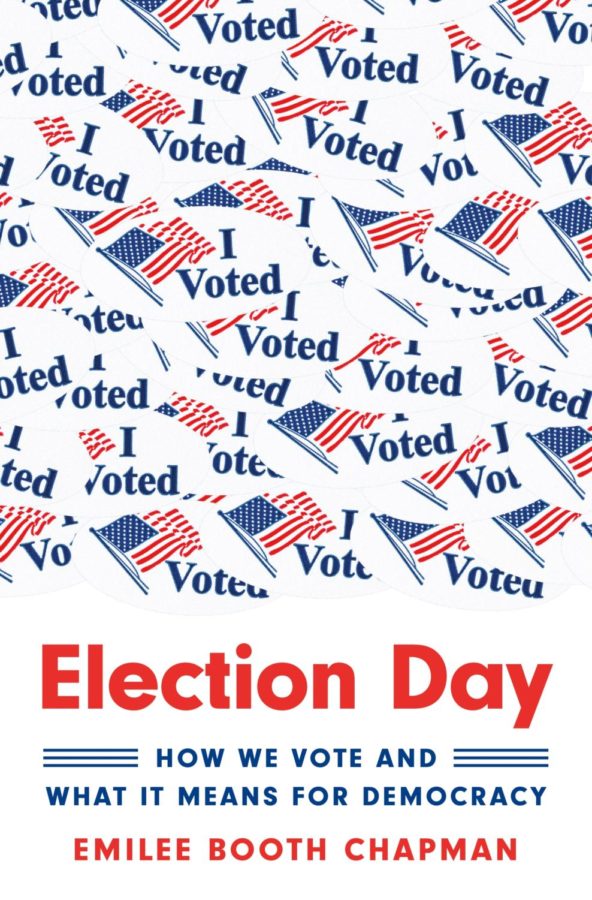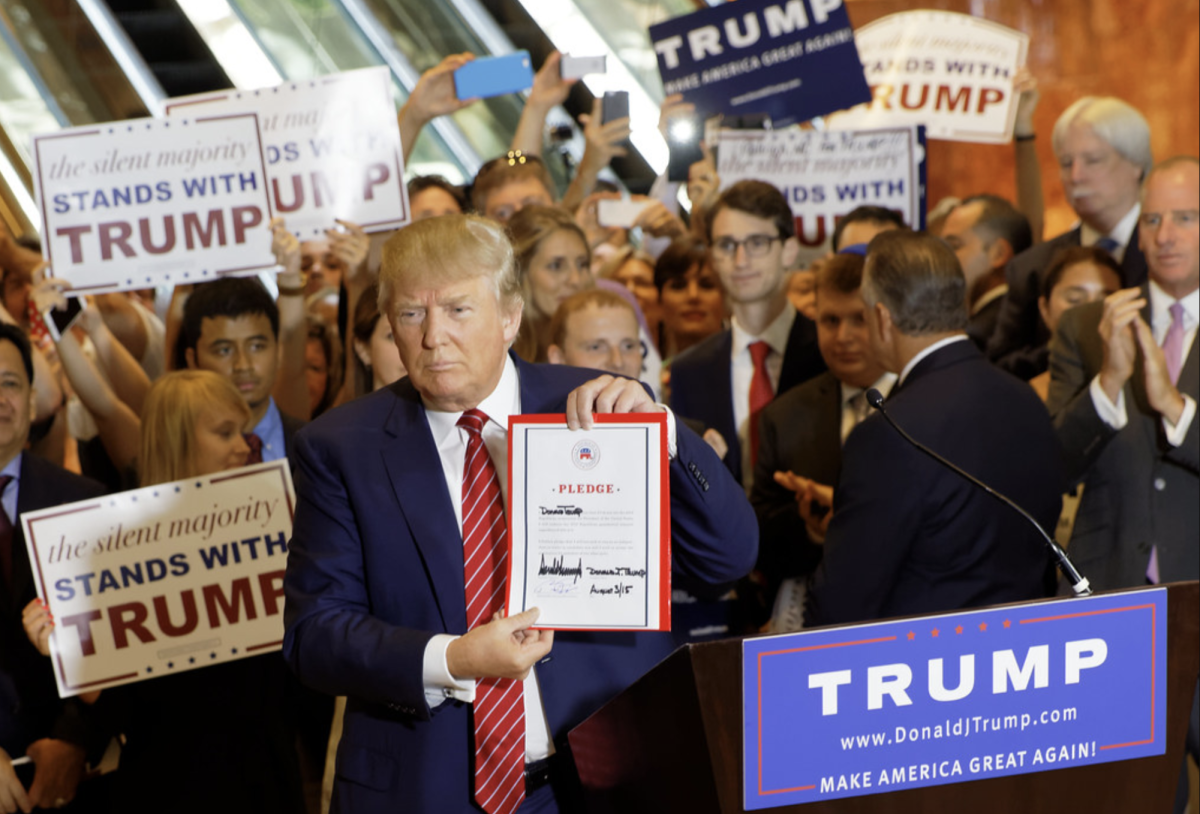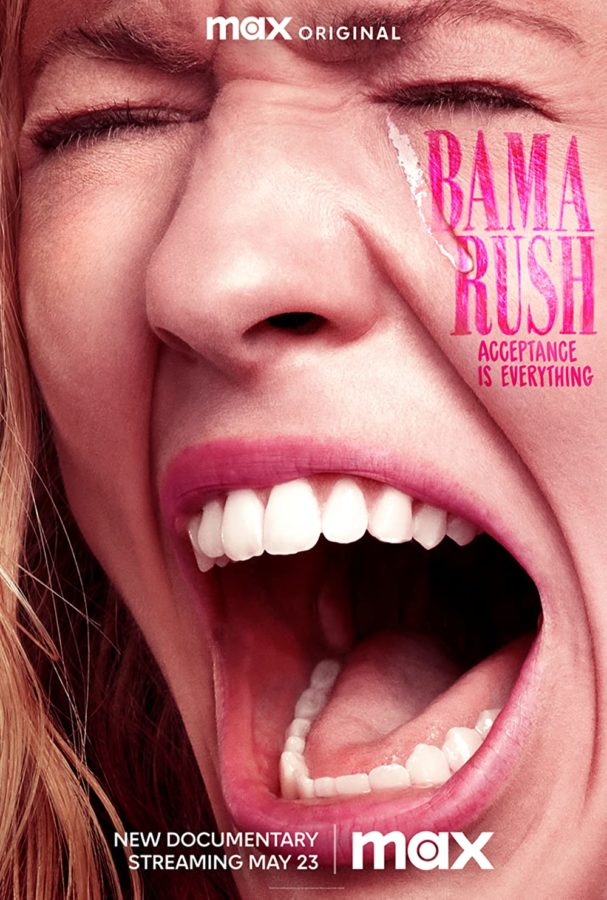In her new book Election Day (2022), Stanford political science professor Emilee Booth Chapman describes how popular voting embodies a variety of democratic values, arguing that elections fulfill an important role in strengthening democracy beyond the tallying of ballots.
Chapman argues that because “the democratic value of elections depends on how citizens perceive and experience electoral moments,” popular voting plays a unique part in democracy beyond its functional role in determining the will of the people through the aggregation of ballots. Responding to a trend among studiers of democracy to deemphasize voting in favor of other elements of democracy, Chapman notes that because of the important role voting plays in the psyche of the everyday citizen, it deserves extra importance. According to Chapman, “[t]he fact that the democratic practice of popular voting has secured such widespread acceptance and is celebrated and perpetuated by citizens who in other respects disagree so deeply and seriously should give pause to anyone inclined to denigrate its democratic credentials.”
With a BA in English from the University of Notre Dame and a Ph.D in Politics from Princeton, Chapman teaches courses on democracy and democratic ethics at Stanford, and serves as an editor for nine political science research journals. Her research focuses on the relationship between democracy, voting, and the public, and she has previously published several articles covering similar topics. While Election Day is her first book, it is certainly a continuation of her previous research about voting, and contains her full thesis that “the practice of popular voting… especially when it conforms to the ideal of approximately universal participation, provides an occasion for the community to express its commitment to democracy’s core values of political equality and popular sovereignty, and for citizens to affirm and participate in this expression.”
Some of the most interesting, and potentially controversial, aspects of Election Day are Chapman’s policy recommendations for how to improve elections. Chapman recommends a triad of reforms: a reduction in convenience voting, an Election Day Holiday, and compulsory voting laws—that aim to “increas[e] the accessibility of voting,” “support the experience of elections as momentous occasions,” and create an experience “of voting as a massively shared collective activity.”
Voting occupies a central place in the democratic imagination, the focal point of democratic hopes.
— Emilee Booth Chapman
Chapman’s most controversial take in the book is that so-called “convenience voting” mechanisms, like mail-in voting, actually diminish the overall value of voting, as they disperse the mass democratic spectacle of voting over a long period of time. Convenience voting has become increasingly popular in recent years, because it significantly lowers barriers for people to vote. However, Chapman draws from a variety of research to show that convenience voting provides only a modest boost to turnout, a boost that declines over time, and fails to enfranchise underrepresented groups. Importantly, though, Chapman doesn’t neglect the possible turnout-reducing effects that an elimination of convenience voting could have, and provides two other election reform proposals that aim to increase voter turnout.
The US has some of the worst electoral participation in the world—in a ranking by the Organization for Economic Cooperation and Development, America placed 26 out of 32 nations for election participation. Chapman proposes the institution of A) an Election Day holiday and B) compulsory voting. An Election Day holiday would reduce barriers to voting for people, as people would not have to worry about missing work or school in order to fulfill their democratic obligation. Studies have shown that an Election Day holiday could boost turnout by as much as six percent, according to Chapman, but would also “signal[] the centrality of voting” to a democracy and mark elections “as special occasions to be celebrated and honored.”
Chapman’s far more interesting proposal, though, is that voting should be made compulsory in America. Compulsory voting has been a research interest of Chapman’s for a while, and she views it as “the most effective thing a polity can do to boost voter turnout.” Due to the unique value of voting in democracy, and the fact that an Election Day holiday would reduce the downsides of compulsory voting, along with the successful adoption of compulsory voting in constituencies around the world, Chapman asserts that “[m]andatory voting uses the community’s most powerful means of public communication—the law—to establish the expectation of universal electoral participation. Mandatory voting sends the message that citizens’ contributions are not just allowed. Each and every citizen’s contribution is, in fact, essential to the project of democracy.”

Election Day consists of six primary chapters. Chapters 1 and 2 lay out Chapman’s view of the importance of popular voting—‘popular’ in the sense that they adhere to the “standard of approximately universal participation”—and defend the importance of elections against critics who aim to minimize voting in favor of other democratic institutions, like deliberation and a free press. In these chapters, Chapman argues that “[t]he special place of voting in popular conceptions of citizenship is defensible not because it reflects the importance of voting, but because it helps to constitute a practice that instantiates unique values and performs essential functions in modern democracies.” Chapter 3 lays out a framework for evaluating and reforming elections, asserting that it is important to consider the actual experience of the voter when they go to the polls. Chapter 4 defends the institution of the political party, which has been increasingly criticized in recent years, on account of Chapman’s view that parties fulfill useful functions as mobilizers and informers of the broader population. Chapter 5 contains some of Chapman’s specific recommendations for election reform, and Chapter 6, the most technical section of the book, addresses some further criticisms of Chapman’s views.
Elections have come under increasing inspection in recent years. The fact that Donald Trump won the presidency but lost the popular vote in 2016, combined with conservative attacks on election integrity and the January 6 riots in 2020, have elevated elections to a central part of national conversations on both the right and left. This emphasis, to Chapman, makes sense, as elections occupy an uniquely important place in the way that citizens perceive and act within democracy. On the flipside, conservative attacks on elections are all the more threatening when the importance of elections is realized—American democracy is possible only because of the existence of free and fair elections. Viewed through the lens of Election Day, conservative attacks on election integrity threaten not just the ballot-collection process but the broader democratic spirit that is so integral to America. In light of these recent voting developments, Election Day is all the more timely, and provides a useful framework for thinking about the state of American elections.
The one major downside of Election Day is that it is a fairly technical book. A professor of political theory, Chapman wrote this book both to appeal to the broader public and to academic scholars of politics, voting, and democracy. As such, some parts, especially chapters 2 and 6, are fairly dense, to the extent that I had to reread paragraphs several times. Nonetheless, Election Day is a fascinating exploration into the importance of voting in buttressing democracy. The next time you hear someone echo the tired refrain of “but my vote barely matters!” or “why should I vote anyways?”, don’t hesitate. Don’t freeze. Tell them to swing by the bookstore, and tell them to read Election Day. If there is anything that can fully cement the importance of voting, of exercising your democratic capacities, it is this book.












